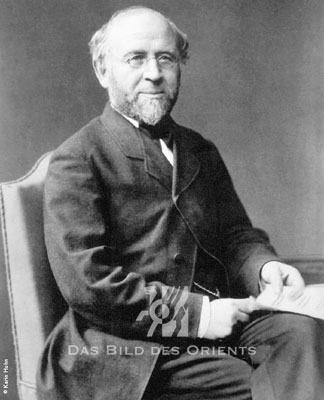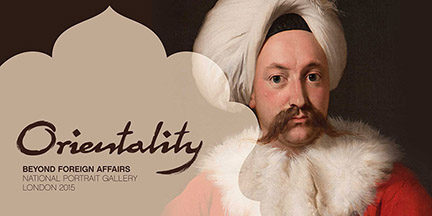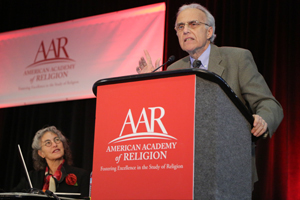
Johann Gottfried Wetzstein (1815 – 1905)
by Christoph Rauch, H-Net
Arabic manuscripts and Oriental studies: Symposium on the occasion of the 200th birthday of Johann Gottfried Wetzstein.
The international symposium “Studies on Johann Gottfried Wetzstein (1815-1905): Manuscripts, Politics and Oriental Studies†will be held at Staatsbibliothek zu Berlin from 19th to 21st February 2015. (Venue: Potsdamer Strasse 33, 10785 Berlin)
The symposium will be inaugurated Thursday, 19th February 2015, 6:00 PM with a keynote lecture by François Déroche (Paris): “The Qur’anic collections acquired by Wetzsteinâ€; and a musical-literary program by Claudia Ott and her ensemble. Furthermore, some original documents and manuscripts related to Wetzstein will be exhibited at the opening.
If you plan to attend the conference please register before 31st January at the secretary of the Oriental Department, Mrs. Muenchow, orientabt@sbb.spk-berlin.de.
The symposium is generously supported by the Fritz Thyssen-Stiftung and the Verein der Freunde der Staatsbibliothek e.V.; and is organized in cooperation with the Oriental Institute of Leipzig University.
Here is the list of contributions in alphabetical order:
Ibrahim Akel (Paris), Wetzstein in Arabic sources and remarks on some manuscripts from his collections
Kaoukab Chebaro and Samar El Mikati El Kaissi (Beirut), Manuscript ownership and readership at the American University of Beirut at the turn of the 20th century
Alba Fedeli (Cambridge), Tischendorf and the Mingana Collection: Manuscript acquisition and Qur’Änic Studies
Ludmilla Hanisch (Berlin), Semitic studies at the University of Berlin during Wetzstein’s lifetime.
Michaela Hoffmann-Ruf (Bonn), The Wetzstein collection at Tuebingen University Library – its history, its content and its reception in Oriental Studies
Ingeborg Huhn (Berlin), Some remarks concerning the official correspondence of Johann Gottfried Wetzstein
Robert Irwin (London), The Arabist and Consul in Damascus Sir Richard Burton and the problematic nature of his translation of The Thousand and One Nights
Continue reading Symposium at Berlin State Library →







